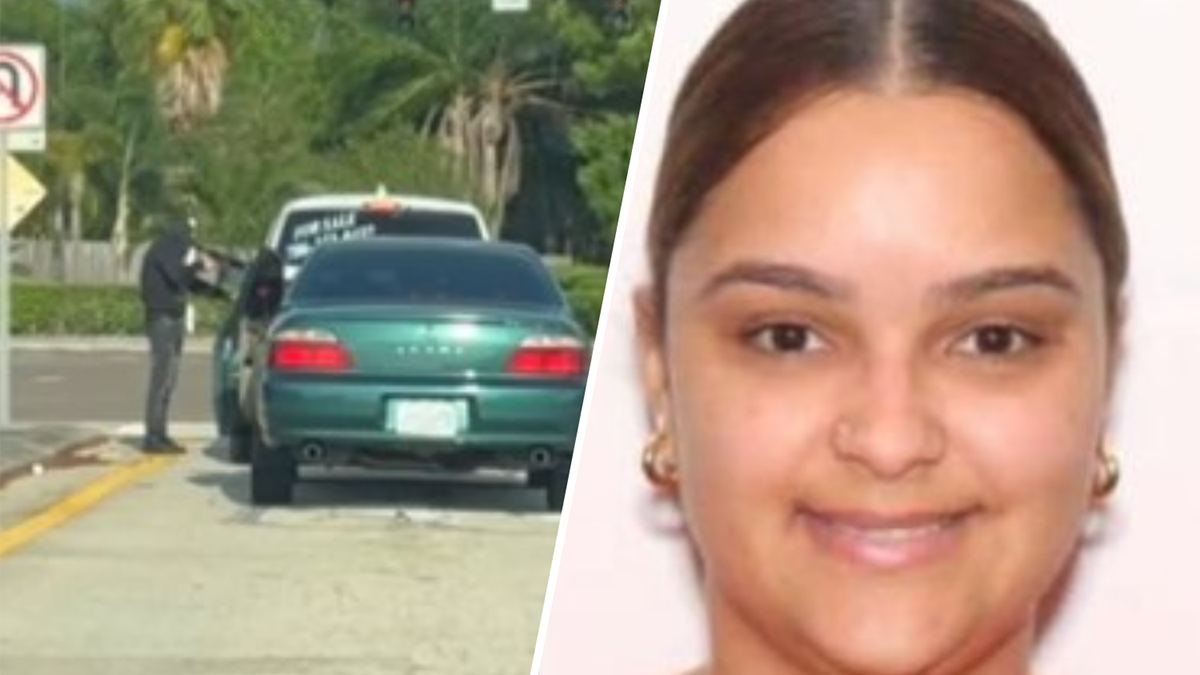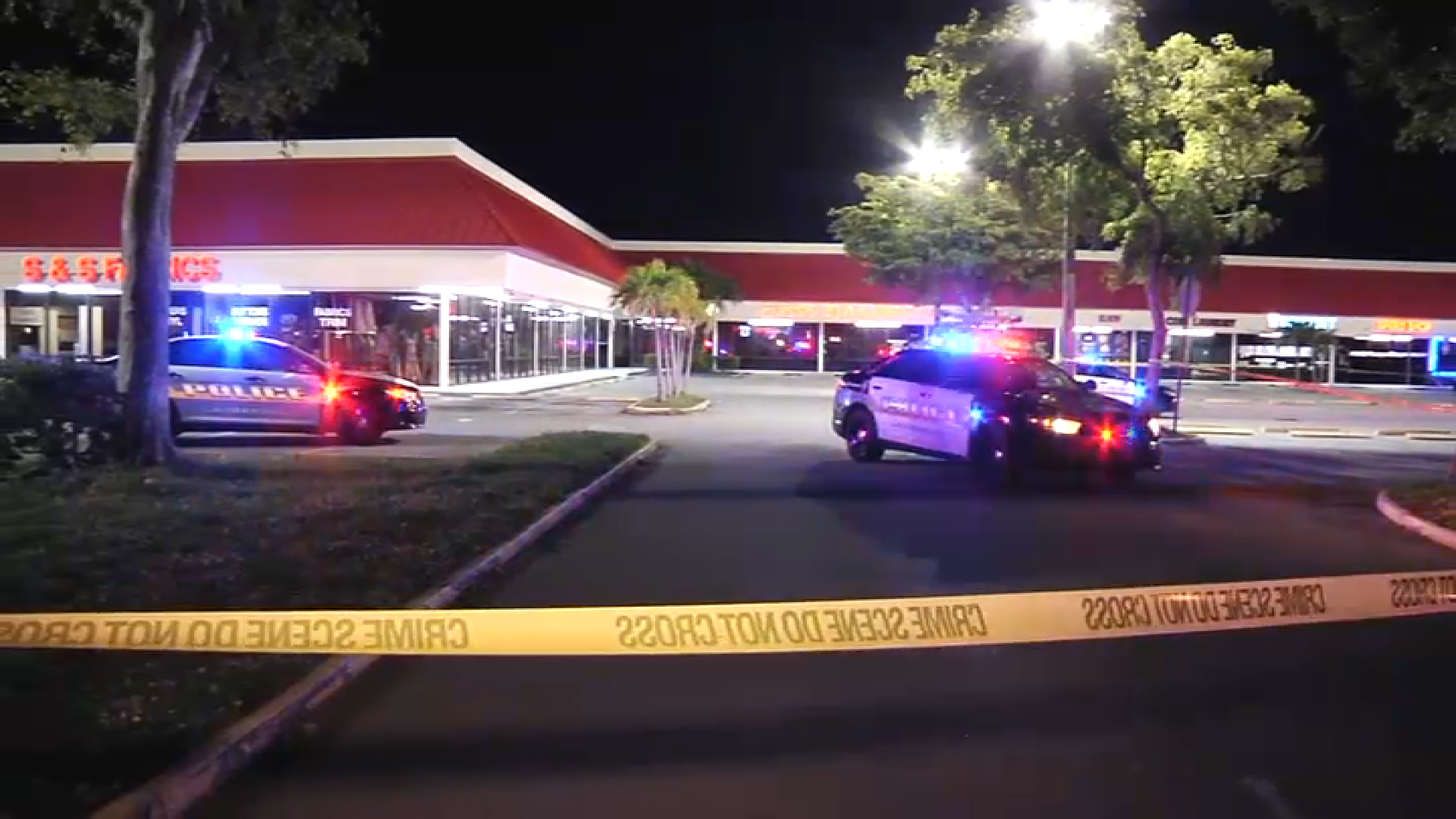Over the past two years, Florida lawmakers have waged war on storefront pain clinics, passing a succession of laws to rein in a rogue industry feeding a black market in prescription painkillers.
Tough new rules were supposed to be in place by the end of this year, creating stricter standards for doctors handing out potent narcotics like oxycodone and compelling physicians and pharmacists to record patients' drug purchases in a statewide database.
But today, many of those reforms remain undone, stalled by contract disputes and cumbersome new legislative rules.
The delays are frustrating officials such as Florida drug czar Bruce Grant, who says unregulated pain clinics are contributing to an epidemic of prescription overdose deaths in the state — about seven fatalities per day.
"My job is to reduce this kind of stuff, and I'm just beating my head against the wall," Grant said.
Over the past three years, hundreds of pain clinics have sprouted all over Florida, allowing walk-in patients to walk out with hundreds of pills at a time. Loose regulations allowed these clinics to proliferate with almost no oversight from state health officials — and allowed doctors at these clinics to sell pills to patients arriving from as far away as New England and Appalachia.
Broward County emerged as the epicenter of the problem, where more oxycodone was sold than in many other states.
Local
As the drug sales increased, so did the overdoses. From 2006 to 2009, the number of fatal overdoses in Florida caused by oxycodone has more than doubled, to 1,185 deaths last year, according to the state's Medical Examiners Commission.
Lawmakers finally responded to the crisis in 2009, passing a bill to create a statewide database of all prescription narcotics sold by doctors and pharmacists. The law was designed to prevent patients from "doctor-shopping" — visiting multiple clinics and doctors to obtain prescriptions for pills that can be resold. At the time the bill was passed, Florida was one of only 12 states without a prescription database.
The database was supposed to be up and running by Dec. 1, but state officials missed the deadline after a company bidding on the project filed a legal challenge to the contract award. A new contract is expected to be awarded soon.
To speed up the process, Grant has asked the state's surgeon general to approve the contract on an emergency basis, to protect the public health.
"This is something that has taken a long time to come about, and we're trying to push it past the finish line," Grant said. The database "isn't the silver bullet, but it's the most effective tool we have."
But there's another problem: money. When lawmakers approved the database, they did not set aside any money to pay for it. So health officials must rely on federal grants and private donations to finance the database, expected to cost $1.2 million in startup costs and $500,000 a year to manage.
Through a nonprofit, the state has collected about $500,000 in donations, while also qualifying for $800,000 in federal grants, Grant said.
The Legislature also demanded tougher new rules for doctors working in pain clinics. For months, the Department of Health drafted regulations limiting the number of prescriptions a pain-clinic doctor may write in a day, and demanding more thorough medical records on patients receiving narcotics.
The new rules were supposed to take effect on Nov. 28. But now they are in limbo — snared in an anti-regulation bill brought back to life in a Nov. 16 special session, when lawmakers overrode the veto of outgoing Gov. Charlie Crist. Now, any regulations that may cost businesses or the government $200,000 a year must first be reviewed by the Legislature itself.
Despite the setbacks, some of the new pain clinic rules are now in place — and some have already produced results.
After years of operating with little or no oversight, all pain clinics now must be registered with the state. Through November, there were 142 registered clinics in Broward County and 94 in Miami-Dade.
Clinics now must also be owned by licensed physicians — but any doctors convicted of drug crimes may not own a clinic. In a 2009 investigation, The Miami Herald identified at least a dozen South Florida clinics either owned by convicted felons or employing doctors with criminal records.
Since the new rules were put in place, health officials have suspended or shut down 17 clinics around the state, records show. Last month, state health officials also began inspecting pain clinics for the first time.



